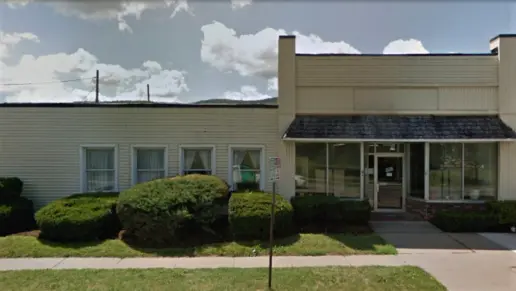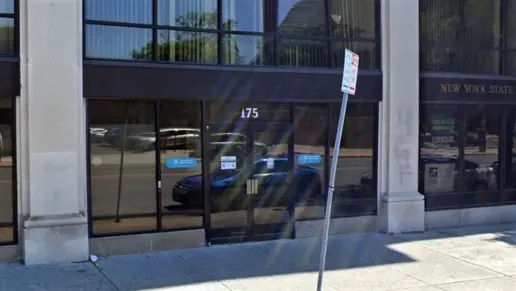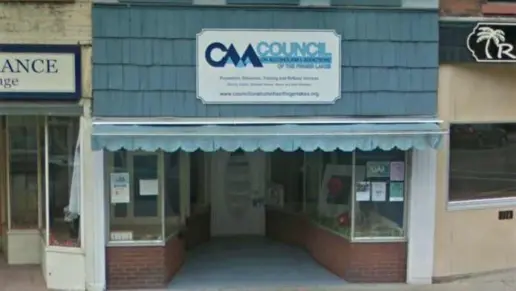The level of treatment is second to none. The staff from the receptionists to upper management is exceptional. Groups are run very effectively and from day one, I felt welcomed and comfortable. Can honestly say that the therapist Greg, Joe, Casey, ect. are fantastic listener ...
About A Step One
When looking for a rehab center committed to providing cost-effective treatment, you should consider Step One, which is located in Highland, New York. This rehab center has been popular in recent years as it offers many addiction treatment services that empower individuals to begin their journey toward a drug and alcohol-free life.
Most often, those who require assistance with substance abuse disorders, court referrals, DWI, and mental health treatment enroll at this facility. At Step One, you can expect client centered trauma informed outpatient care. If you enroll in the men’s and women’s intensive outpatient program, you’ll undergo an assessment and a comprehensive treatment plan. Afterward, you can enjoy relapse prevention groups.
Most find that the outpatient treatment plan helps with developing sober skills, and you might find this to be the case for you, too. This intensive outpatient program will require you to be involved in group and individual sessions five times weekly. You will be assigned a friendly and compassionate counselor and enjoy the benefits of the treatments while you remain in your own home.
If you don’t want to be in a coed intensive outpatient program, you can enroll in the men’s or women’s intensive outpatient program. These programs offer treatment three to six days a week with three hour group or individual counseling. If you are looking for help with your child’s addiction problems, there is also an adolescent track for those aged 15 to 18, with sessions up to three times a week.
I loved that at this rehab, they really care about helping patients. Most past patients agree that the treatment they received here was second to none and incredibly effective at helping them overcome their addictions and substance abuse related problems.
Latest Reviews
Rehab Score
Gallery
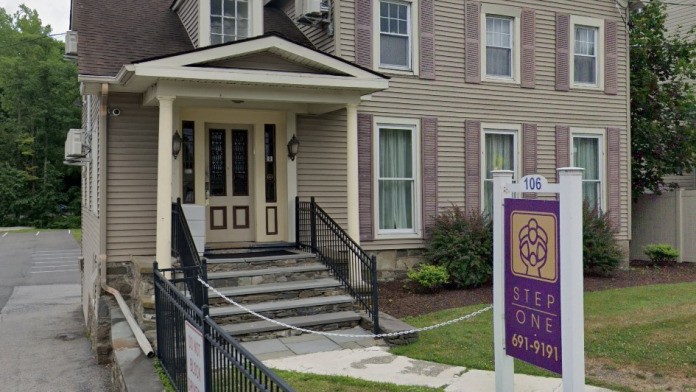
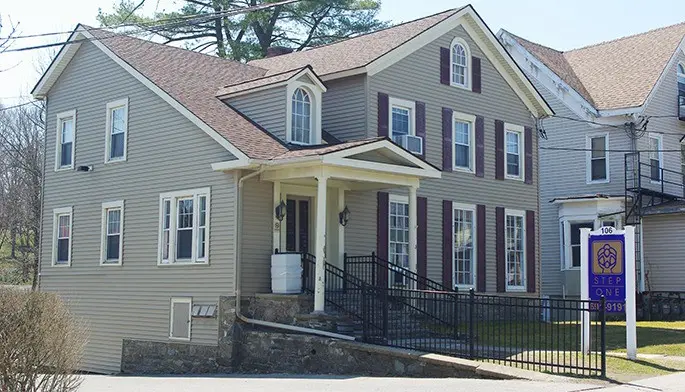
Location
Other Forms of Payment
Medicaid is a state based program that helps lower-income individuals and families pay for healthcare. Medicaid covers addiction treatment so those enrolled can use their coverage to pay for rehab. When a program accepts Medicaid the client often pays very little or nothing out of their own pocket.
Private insurance refers to any kind of healthcare coverage that isn't from the state or federal government. This includes individual and family plans offered by an employer or purchased from the Insurance Marketplace. Every plan will have different requirements and out of pocket costs so be sure to get the full details before you start treatment.
Self-pay involves paying for treatment out of your own pocket. You can use savings or credit, get a personal loan, or receive help from family and friends to fund your treatment. If you don't have insurance or your insurance plan doesn't cover a specific program, self-pay can help ensure you still get the care you need.
Financial aid can take many forms. Centers may have grants or scholarships available to clients who meet eligibility requirements. Programs that receive SAMHSA grants may have financial aid available for those who need treatment as well. Grants and scholarships can help you pai for treatment without having to repay.
Sliding scale payments are based on a client's income and family size. The goal is to make treatment affordable to everyone. By taking these factors into account, addiction recovery care providers help ensure that your treatment does not become a financial burden to you or your family, eliminating one barrier to care.
Military members, veterans, and eligible dependents have access to specific insurance programs that help them get the care they need. TRICARE and VA insurance can help you access low cost or no cost addiction and mental health treatment. Programs that accept military insurance often have targeted treatment focused on the unique challenges military members, veterans, and their families face.
Addiction Treatments
Levels of Care
Treatments
The goal of treatment for alcoholism is abstinence. Those with poor social support, poor motivation, or psychiatric disorders tend to relapse within a few years of treatment. For these people, success is measured by longer periods of abstinence, reduced use of alcohol, better health, and improved social functioning. Recovery and Maintenance are usually based on 12 step programs and AA meetings.
When you choose drug rehab in New York, you'll participate in a variety of treatments that are designed to help you live a drug-free lifestyle. Common methods of treatment include group, individual, and family counseling, medication management, nutrition, exercise, and management of co-occurring mental health disorders.
Many of those suffering from addiction also suffer from mental or emotional illnesses like schizophrenia, bipolar disorder, depression, or anxiety disorders. Rehab and other substance abuse facilities treating those with a dual diagnosis or co-occurring disorder administer psychiatric treatment to address the person's mental health issue in addition to drug and alcohol rehabilitation.
A combined mental health and substance abuse rehab has the staff and resources available to handle individuals with both mental health and substance abuse issues. It can be challenging to determine where a specific symptom stems from (a mental health issue or an issue related to substance abuse), so mental health and substance abuse professionals are helpful in detangling symptoms and keeping treatment on track.
Opioid rehabs specialize in supporting those recovering from opioid addiction. They treat those suffering from addiction to illegal opioids like heroin, as well as prescription drugs like oxycodone. These centers typically combine both physical as well as mental and emotional support to help stop addiction. Physical support often includes medical detox and subsequent medical support (including medication), and mental support includes in-depth therapy to address the underlying causes of addiction.
Programs


Clinical Services
Research clearly demonstrates that recovery is far more successful and sustainable when loved ones like family members participate in rehab and substance abuse treatment. Genetic factors may be at play when it comes to drug and alcohol addiction, as well as mental health issues. Family dynamics often play a critical role in addiction triggers, and if properly educated, family members can be a strong source of support when it comes to rehabilitation.
Group therapy is any therapeutic work that happens in a group (not one-on-one). There are a number of different group therapy modalities, including support groups, experiential therapy, psycho-education, and more. Group therapy involves treatment as well as processing interaction between group members.
In individual therapy, a patient meets one-on-one with a trained psychologist or counselor. Therapy is a pivotal part of effective substance abuse treatment, as it often covers root causes of addiction, including challenges faced by the patient in their social, family, and work/school life.
Staff
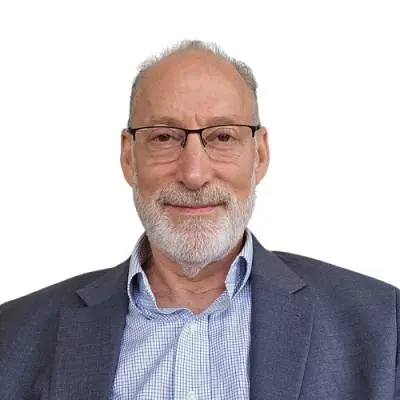
Medical Director
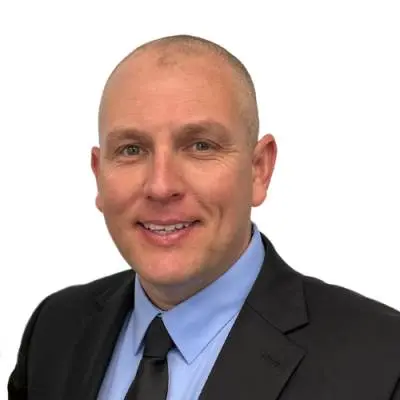
Executive Director
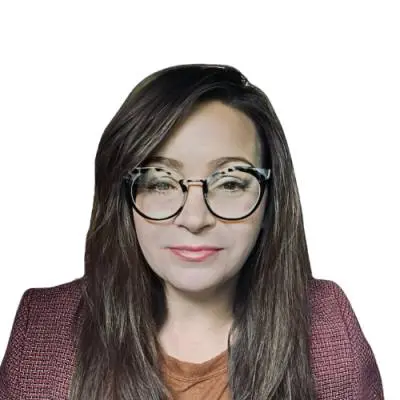
Chief Compliance Officer
Contact Information
106 Vineyard Ave
Highland, NY 12528
